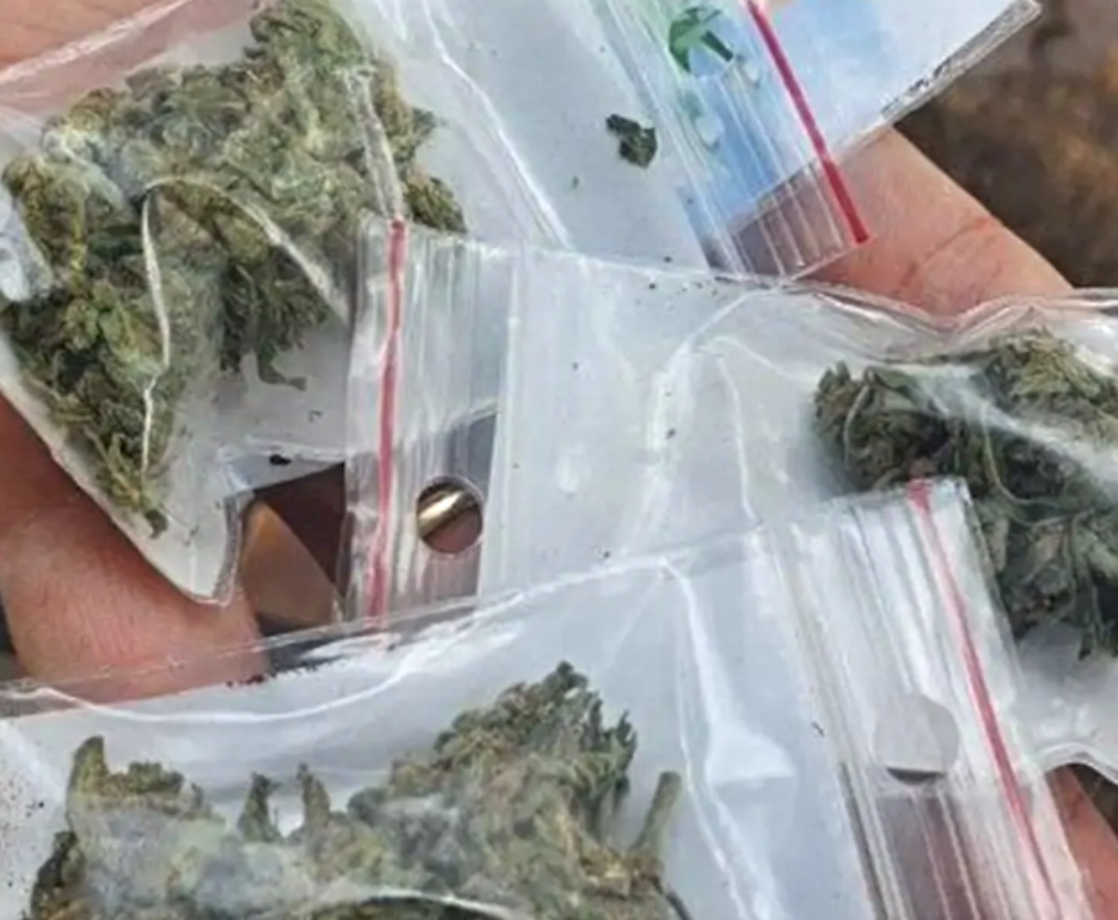While the passage of Proposition 64—California’s ballot measure to legalize and regulate recreational marijuana—by voters last month put the legal fears of many of the state’s tokers to rest, it’s been chronicled how the civil rights of cannabis users will likely continue to be unreasonably infringed upon post-legalization in a number of areas; including employment, driving, gun ownership, and, as Brooke Edwards Staggs of the O.C. Register reported this week, parenting. The piece notes that Prop. 64 included a new protection specifically for medical marijuana users: “California courts can no longer rescind or restrict a parent’s custodial rights solely because they have recommendations for medical marijuana.” However based on the pre-64 experience of medical marijuana patients who’ve had run-ins with the Golden State’s family court system, it appears state agencies may still retain a disturbing degree of discretion in determining if cannabis-using parents can keep their kids.
Staggs writes that state officials aren’t really fazed by the new statute because they say they already only intervene in cases where there’s obvious likelihood or proof of child neglect as a direct result of marijuana use; quoting Michael Weston, spokesman for the California Department of Socials Services, “With any drug, there must be a nexus between drug activity or inactivity that directly threatens the safety of the child. Does the child have access to the drugs? Is the parent incapacitated to the point where they can’t properly care for the child?” But Staggs also tells the story of Nathaniel Rudd, a 31-year-old resident of California’s end of the Mojave Desert, who claims that he was denied custody of his newborn son Peter last year only because he admitted to using medical marijuana with a doctor’s recommendation, to treat pain from an earlier car accident. “They told me I was cognitively unable to care for my child because of medical marijuana use,” said Rudd. As his child had just been born, there arguably was no chance for Rudd to exhibit his capacity for fatherhood or for social workers to notice any symptoms of substance abuse. He even offered to quit medical cannabis altogether and submit to regular testing, but that still hasn’t been enough to convince the family court system to restore custody of Rudd’s son to him and his fiancée.
Staggs cites lawyers and cannabis user advocates who say the problem lies more with the attitudes of those enforcing child welfare law than the letter of the law itself; “(Parents) can act completely legally under the law – even be more careful, diligent and safe than the laws require – and they can still find themselves at the mercy of child protection services and the courts solely for marijuana,” said Rachel Beth Wissner of the Family Law & Cannabis Alliance. Because, as Staggs writes, “some still treat marijuana more like heroin than prescription drugs or alcohol, viewing any use of cannabis –including medicinal – as a reason to remove a child from a home,” that prejudice can be exploited, say, by an aggrieved parent in a contentious custody battle, or by an anonymous neighbor calling to a tip line to set social services upon an marijuana-using guardian. While Staggs optimistically mentions a 2012 family court case (which overturned a custody decision which deprived a medical marijuana patient of his son and called the court-imposed requirements for the return of his child an “abuse of discretion”) as a sign of how California courts may be “shifting their view on medical weed”, the cannabis rights advocates and lawyers she spoke with said they’re contacted every day by parents in need of legal aid. They also don’t think many cases will be impacted by Prop. 64’s new explicit protection, as many social workers and judges purportedly invoke marijuana use in context with other issues and not as the sole reason for an unfavorable custody ruling, despite the claims of those in Rudd’s predicament. California NORML director Dale Gieringer remarked that for that reason, “it’s often hard to nail down what custody decisions were tied solely to medical marijuana use”, and that because of the freedom of discretion that state bureaucrats have, some pot-friendly counties are much more lenient with parents than others.
Staggs’ report concludes by observing that future court battles will likely determine how laws relating to parental custody and cannabis are interpreted and enforced, as California gets even cozier with kush. Yet it ultimately only frets over the plight of medical marijuana-using parents, omitting any mention of how recreational cannabis-use could also be turned against responsible parents by unsympathetic civil servants. While laws can literally be changed overnight, as happened on November 8th with Prop. 64, it appears that the challenge of changing the entrenched biases of a cultural landscape (even already very liberal ones) will be the long-term struggle for cannabis rights advocates moving forward.











